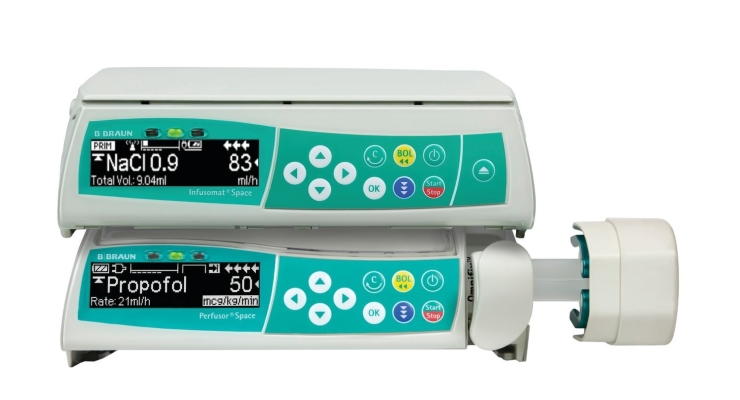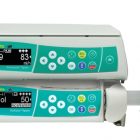No products in the cart.

What Is An Infusion Pump?
An infusion pump is a medical device that was designed to deliver fluids in to a patients body in very controlled amounts. These fluids could be anything including medicines, nutrients and saline solutions. Infusion pumps are a staple in just about any medical setting or as they simultaneously reduce the risks and improve the efficiency of manual administration.
There are a variety of infusion pumps, each designed for different purposes. These pumps include home pumps, large volume pumps, elastomeric pumps, and insulin pumps. Depending on the use of the pump, the patient using the pump and a number of other factors, these pumps will either be operated by a trained medical professional, or by the patient themselves. These pumps are also designed to be either stationary or ambulatory depending on the use case and the needs of the patient.
Another major benefit of an infusion pump is the ability to administer fluids in extremely small doses – something that would be extremely difficult to do with a manual administration. Infusion pumps are also able to be programmed on time intervals, so that a patients medicine can be precisely scheduled.
Infusion pumps also come with a number of additional safety features that will alert a patient or healthcare provider to any potential issues with the administration of the fluids or the pump itself. Many pumps come with features such as alarms and lights to alert you when there is an issue, for example if there is air detected in the tube an alarm will sound notifying the caregiver to the potential problem. There are also a number of smart pumps that are available that can determine if the settings configured could potentially harm the patient or have adverse effects.
When buying infusion pumps, it’s important to be aware of all of the functionality, critical safety features, maintenance and sanitization as each product is different.




